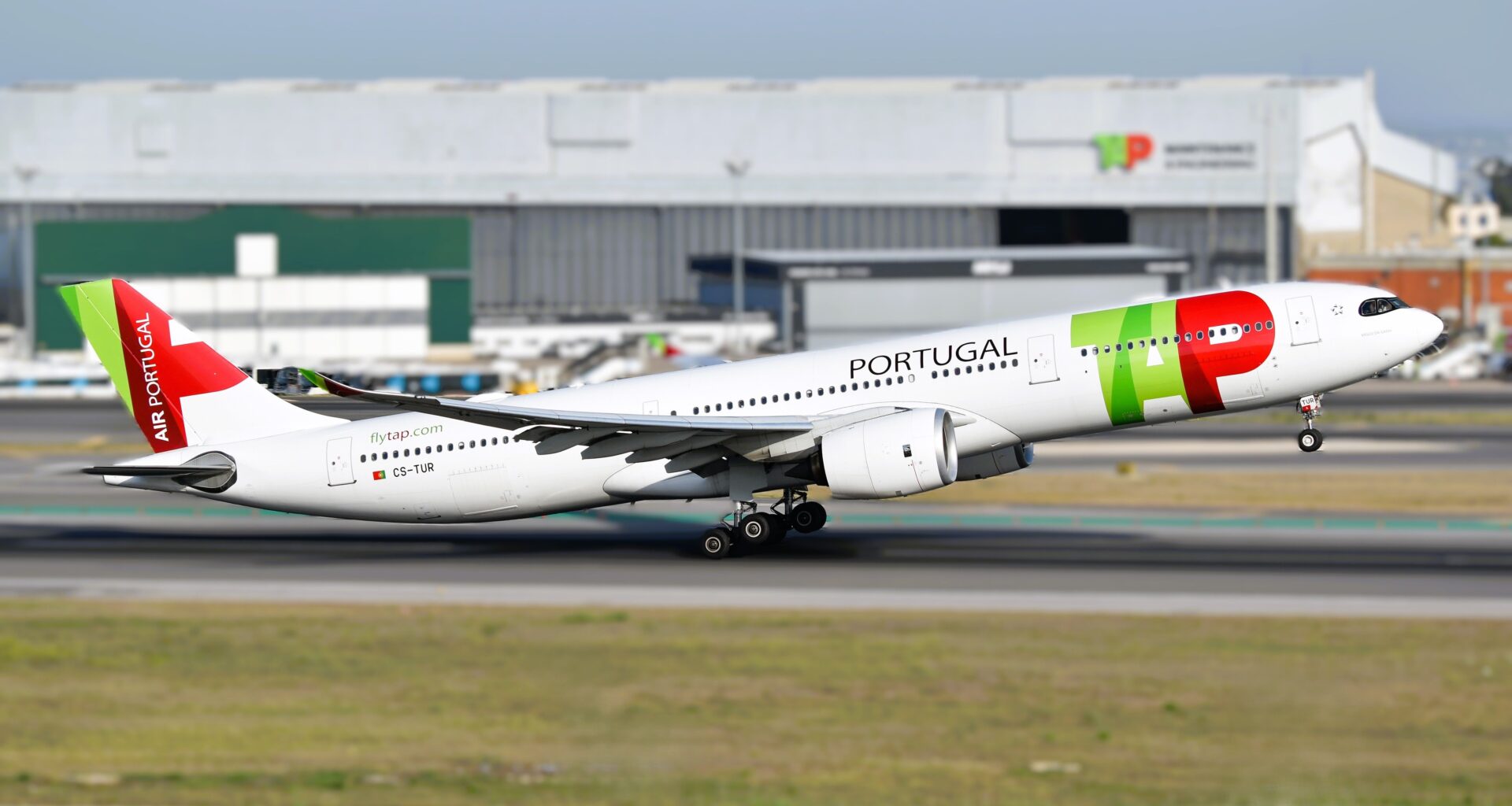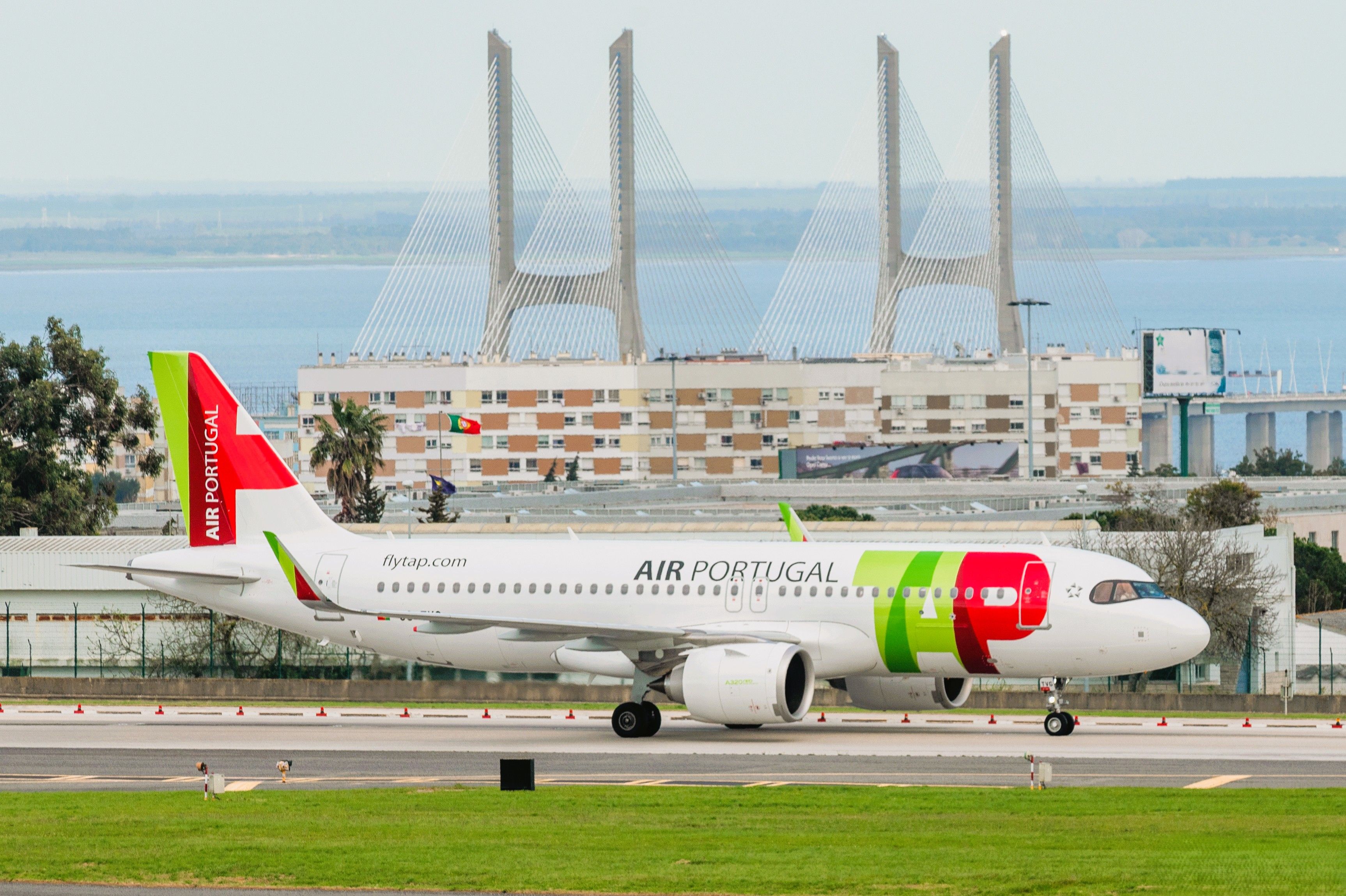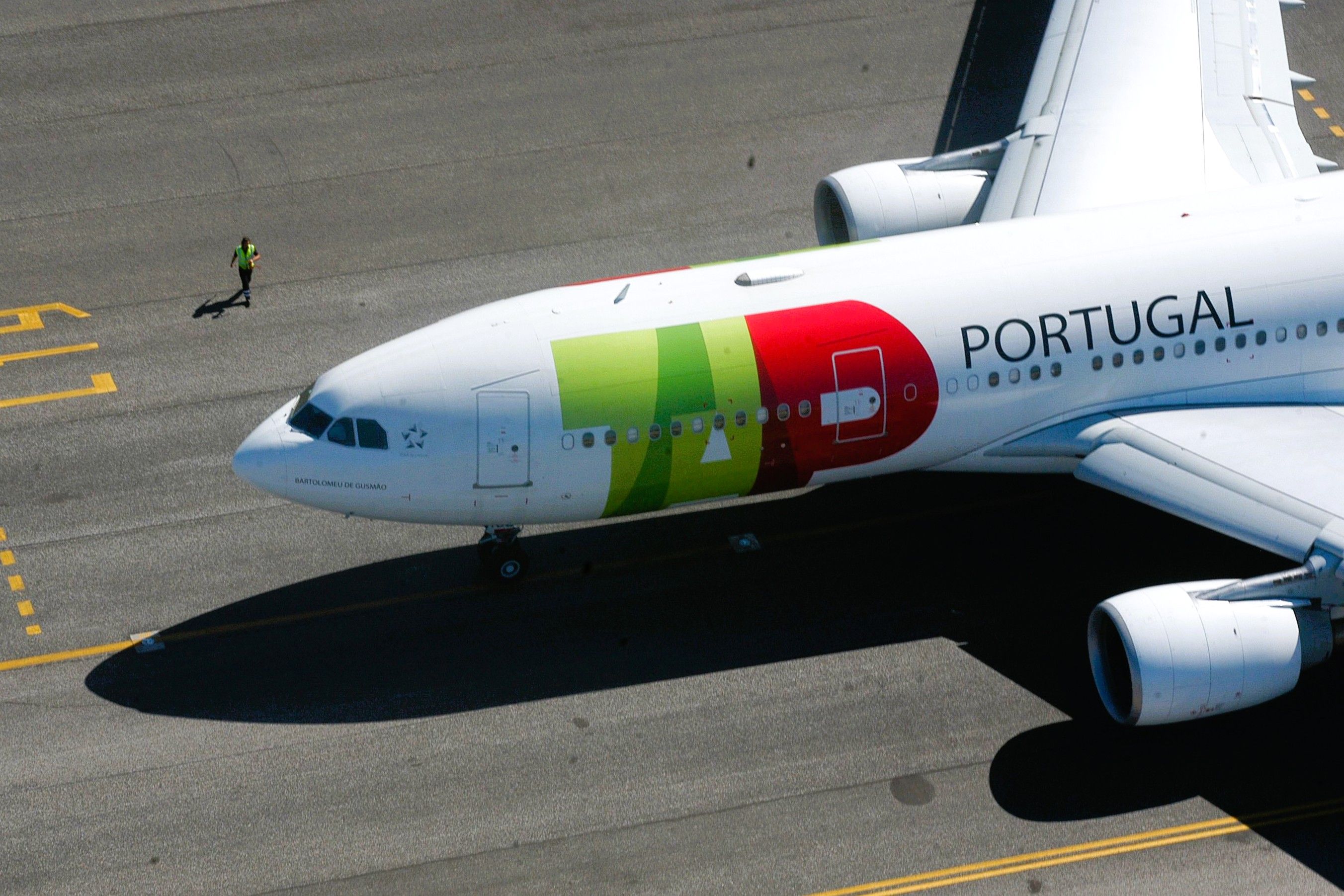Portuguese President Marcelo Rebelo de Sousa has signed into law a government decree mandating the privatization of TAP Air Portugal. The government aims to divest a 49.9% stake, including a 44.9% stake to one or more investors, and a 5% stake earmarked for the employees. The Portuguese government is looking to recoup its Covid-era investment in the carrier, which amounts to €3.2 billion ($3.7 billion).
Interested parties will have 60 days to prequalify, after which they will be given 90 days to submit non-binding proposals for the acquisition of up to a 44.9% stake in the airline. Numerous airline groups have already expressed interest in becoming shareholders of the airline, including the Lufthansa Group, Air France-KLM, and IAG. There is also speculation that Non-EU airlines could become parties to the process as well.
An Important Step Forward In The Process
The process to privatize TAP began in 2023, but was paused following the collapse of Portugal’s center-right minority government in March. The new coalition government, which returned to office in May, has made privatization a priority and the Council of Ministers approved a decree-law last month to initiate formal privatization proceedings. That decree has now been signed into law by the country’s president.
The state has also made clear what it expects from the process. It is looking for a strategic partner that will preserve the TAP brand, grow the airline’s fleet, maintain and grow the existing route network to Portuguese-speaking countries, and invest in local sustainable aviation fuel production projects. The investors must also maintain operations from Lisbon’s Humberto Delgado Airport (LIS), as well as Portugal’s secondary airports, such as Porto and Faro.
The Portuguese government has said that it expects bids from “numerous interested parties,” including non-EU airlines. It has also structured the flag carrier’s sale model to allow an airline to partner with other airlines, investment funds, and private investors to submit a joint bid. President de Sousa has expressed his pleasure with the process thus far:
“There are more interested parties than we thought, which means it’s an interesting business. It’s not just the classic ones, but others as well. That’s a good sign. Ideally, we will see TAP integrated into a larger group within a year, with a greater capacity to generate synergies and positive value.”
What Are Potential Investors Purchasing?
TAP is not the only airline on the Iberian Peninsula that is looking for strategic partners. Spanish carrier Air Europa has long been exploring potential partnerships to strengthen its financial position. However, all three of the large European airline groups ultimately ended negotiations with Globalia, Air Europa’s parent company, and it is ![]() Turkish Airlines that is the last one standing with a binding offer.
Turkish Airlines that is the last one standing with a binding offer.
TAP is a very different proposition, as interested investors stand to acquire a stake in one of the top 20 European airlines, based on passenger count and fleet size. A member of ![]() Star Alliance, TAP carried 16 million passengers in 2024, delivering a net income of €53.7 million on record revenue of €4.2 billion. The mainline carrier operates an all-Airbus fleet of 80 aircraft, with a further 22 on order (see table below). Its regional subsidiary, TAP Express, operates a further 19 Embraer E190/195s.
Star Alliance, TAP carried 16 million passengers in 2024, delivering a net income of €53.7 million on record revenue of €4.2 billion. The mainline carrier operates an all-Airbus fleet of 80 aircraft, with a further 22 on order (see table below). Its regional subsidiary, TAP Express, operates a further 19 Embraer E190/195s.
The TAP Air Portugal Mainline Fleet: August 2025
Aircraft Type
Number in Service
Average Age (Years)
Outstanding Orders
A319-100
3
24.0
–
A320-200
14
19.4
–
A320neo
15
4.5
12
A321-200
3
23.6
–
A321neo
23
5.3
8
A330-200
3
17.4
–
A330-900
19
6.3
2
Total
80
10.5
22
According to data from Cirium, in the first half of 2025, TAP operated 100 routes involving 89 different airports. It served 88 destinations from its main base in Lisbon and a further 12 from Porto. For potential investors, one of the airline’s main strengths is its extensive network to Brazil, where it serves 14 different destinations. But equally appealing will be its geographical position at the western edge of Europe, as well as the rapid growth of its North American network, where it now has 11 destinations.
The Next Steps In The Privatization Process
Photo: Matheus Obst | Shutterstock
With the Portuguese president having signed the decree into law, the privatization process has now been officially started. In reality, the interested parties have been in discussions for years, even as the process itself has been delayed by political machinations.

Year Founded
1945
CEO
Luís Rodrigues
In the upcoming months, the sale of the minority stake will be structured into four phases, as follows:
Pre-qualification: All interested parties have 60 days to formally express their intention to proceed with the carrier and qualify for the proposal process.
Proposal submissions: All qualified parties will be required to submit a detailed proposal during the course of Q4, with an emphasis on how their organization will “foster synergies” with TAP.
Binding offers: Viable proposals will be short-listed (likely to 2–3 participants at most), and will be asked to submit binding offers after due diligence processes.
Final negotiations: The government will enter into final negotiations with its preferred bidder to complete the sale transaction.
The Portuguese government hopes to complete the process and announce the new partner(s) by mid-2026. But this will depend greatly on how many suitors there are, and the length of time taken for the final negotiations. Navigating the complex regulatory environment of the EU, and especially any concerns regarding competitive realignments, could also delay the final outcome considerably.



